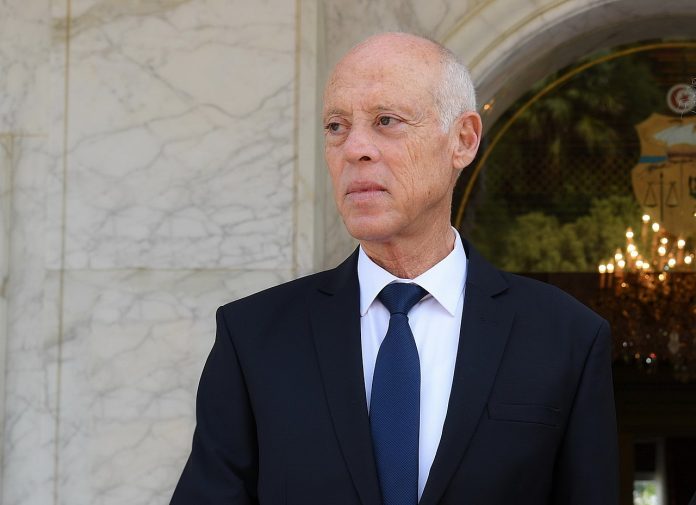In a debate on Tuesday, MEPs on the Subcommittee on Human Rights examined recent developments in Tunisia.
On Tuesday 21 March, the Subcommittee on Human Rights discussed the recent developments in Tunisia, following the European Parliament’s adoption of a resolution on the attacks against freedom of expression and association and trade unions in the country, in particular the case of journalist Noureddine Boutar, as well as the Foreign Affairs Council’s exchange of views on Tunisia of 20 March.
During the subcommittee’s meeting, participants described in detail the dire situation in Tunisia, where civil society is under massive threat and fundamental freedoms are severely restricted. After 18 months of increasingly authoritarian rule by President Kaïs Saïed, MEPs expressed strong doubts about the EU’s strategy towards the country and stressed that it is time for the EU to react properly to the collapse of Tunisian democracy. In the context of the partnership between Tunisia and the EU rooted in the principles of democracy, good governance and respect for human rights, MEPs called on the Council and the Commission to make EU assistance conditional on the implementation of a series of measures and actions.
Udo Bullmann (S&D, Germany), Chair of the Subcommittee on Human Rights, said: “We expect the Tunisian authorities to immediate release all political detainees, civil society activists, journalists, magistrates and trade unionists, as well as to stop the harassment of opposition voices, repeal without delay decree n°54 of 13 September 2022 that aims to suppress freedom of expression and instil fear in the population, and proceed with the establishment of a serious and inclusive national dialogue with civil society and political stakeholders so as to agree on a way out of the current political, economic and social crisis. This approach should hold the authorities to account for their actions, which contradict a common commitment to democracy and human rights on which EU-Tunisia relations are based.”

